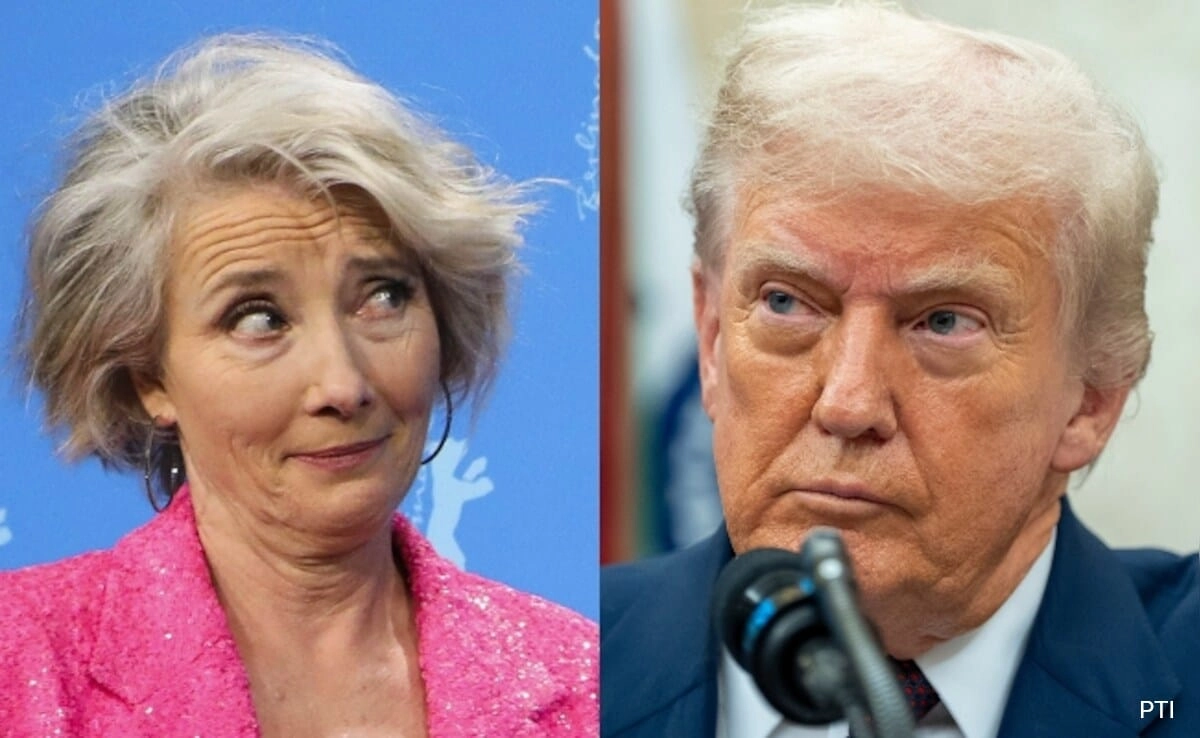The recognition of the State of Palestine is a complex and contentious issue in international relations, with various countries and organizations holding differing views on Palestinian statehood. As of now, over 135 UN member states and two non-member states have recognized Palestine as a sovereign state. This recognition is largely symbolic and reflects political support for the Palestinian cause. Notably, countries in Africa, Asia, and Latin America have been at the forefront of this recognition, often motivated by anti-colonial sentiments and solidarity with what they perceive as a struggle against occupation and oppression.
In contrast, several Western nations, including the United States and many European Union member states, have not formally recognized Palestinian statehood. Their reluctance typically stems from geopolitical considerations, concerns about security in the region, and the belief that statehood should be achieved through direct negotiations between Israel and the Palestinians. These nations often argue that unilateral recognition could undermine the peace process and hinder efforts to achieve a two-state solution, which they view as the most viable framework for resolving the Israeli-Palestinian conflict.
The implications of recognition are significant and multifaceted. For Palestinians, international recognition can bolster their claims to statehood and legitimacy on the world stage, providing a sense of identity and unity. It can also enhance their diplomatic efforts and access to international forums, such as the International Criminal Court, where they can seek justice for alleged war crimes. Conversely, the lack of recognition from key global players can limit Palestine’s ability to engage fully in international diplomacy and can perpetuate their status as a marginalized entity in the global arena.
The dynamics of recognition also reflect broader geopolitical shifts. Countries that have chosen to recognize Palestine often do so in opposition to perceived Western hegemony and support for Israel, viewing their recognition as part of a larger struggle for justice and self-determination. As global power structures evolve, the debate over Palestinian statehood remains a pivotal issue, influencing regional alliances and international relations. Understanding who recognizes Palestine and who does not is essential for grasping the complexities of the Israeli-Palestinian conflict and the ongoing quest for peace in the Middle East.




